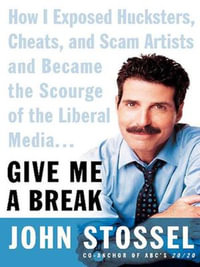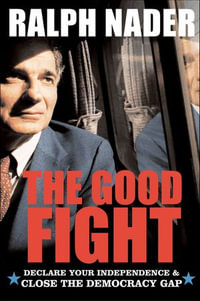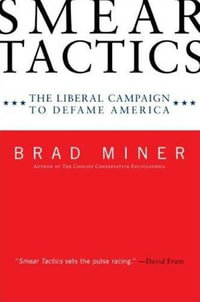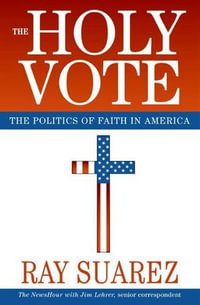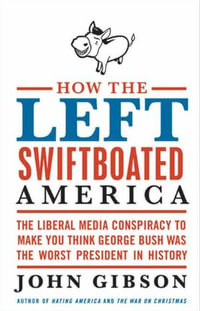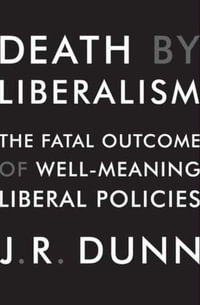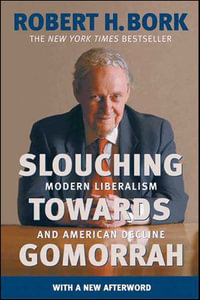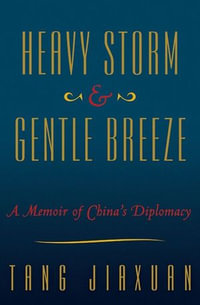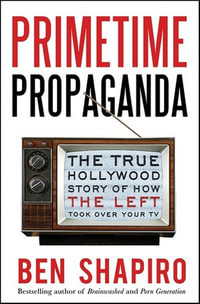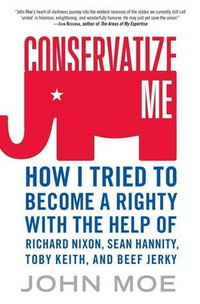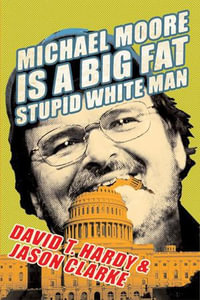Booktopia has been placed into Voluntary Administration. Orders have been temporarily suspended, whilst the process for the recapitalisation of Booktopia and/or sale of its business is completed, following which services may be re-established. All enquiries from creditors, including customers with outstanding gift cards and orders and placed prior to 3 July 2024, please visit https://www.mcgrathnicol.com/creditors/booktopia-group/

Malayan Emergency
Triumph of the Running Dogs, 1948-1960
By: Gerry van Tonder
eBook | 31 January 2020 | Edition Number 1
At a Glance
eBook
RRP $24.19
$19.99
17%OFF
Instant Digital Delivery to your Booktopia Reader App
ISBN: 9781526707888
ISBN-10: 1526707888
Series: Cold War, 1945–1991
Published: 31st January 2020
Format: ePUB
Language: English
Number of Pages: 128
Publisher: Pen & Sword Books
Edition Number: 1
You Can Find This eBook In
This product is categorised by
- Non-FictionPolitics & GovernmentPolitical Ideologies & Movements
- Non-FictionHistorySpecific Events & Topics in HistoryThe Cold War
- Non-FictionHistoryMilitary HistoryPost WW2 Conflicts
- Non-FictionWarfare & DefenceLand Forces & WarfareIrregular or Guerrilla Forces & Warfare
- Non-FictionHistoryGeneral & World History
- Non-FictionEngineering & TechnologyOther Technologies & Applied SciencesMilitary Engineering
- Non-FictionHistoryRegional & National HistoryHistory of the Americas
- Non-FictionArts & EntertainmentMusicMusic Styles & GenresFolk & Traditional Music


